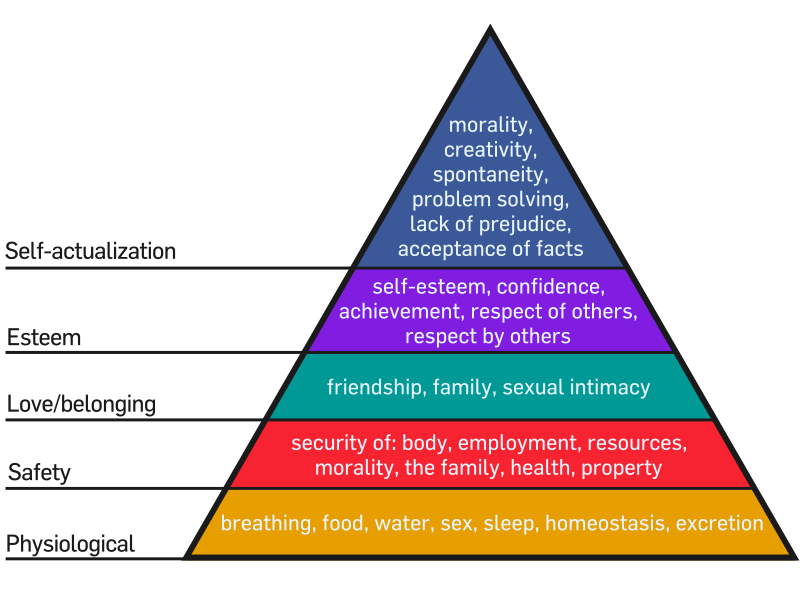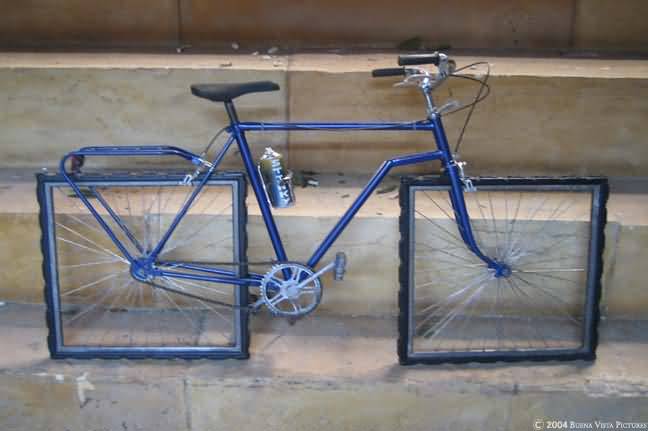
Where we come from — our background culture: our country of origin and language, our heritage and religion (or lack thereof), our family, our education, our friends, and where we live — has an enormous impact on our ability to communicate. What’s more, when people from different cultural backgrounds try to interact with each other, these differences can cause catastrophic failures. Direct versus Indirect Communication Styles Consider the following set of remarks about doing homework: Do your homework! Can you start doing your homework? Would you mind starting your homework now? Let’s clean the table so you can start your homework. Do you need help with homework? It’s getting late, do you have a lot of homework? Didn’t you say you have a lot of homework? Johnny’s mom said that he has a lot of homework today… Do you have everything ready for school tomorrow? Look how late it is — it’s almost time for bed. You have school tomorrow. Each of the statements above represents a progressively less direct command to do homework. In my family, I usually pick number 2 to communicate my desires for finished homework to my sons (although number 1 is perfectly acceptable, to me).…





